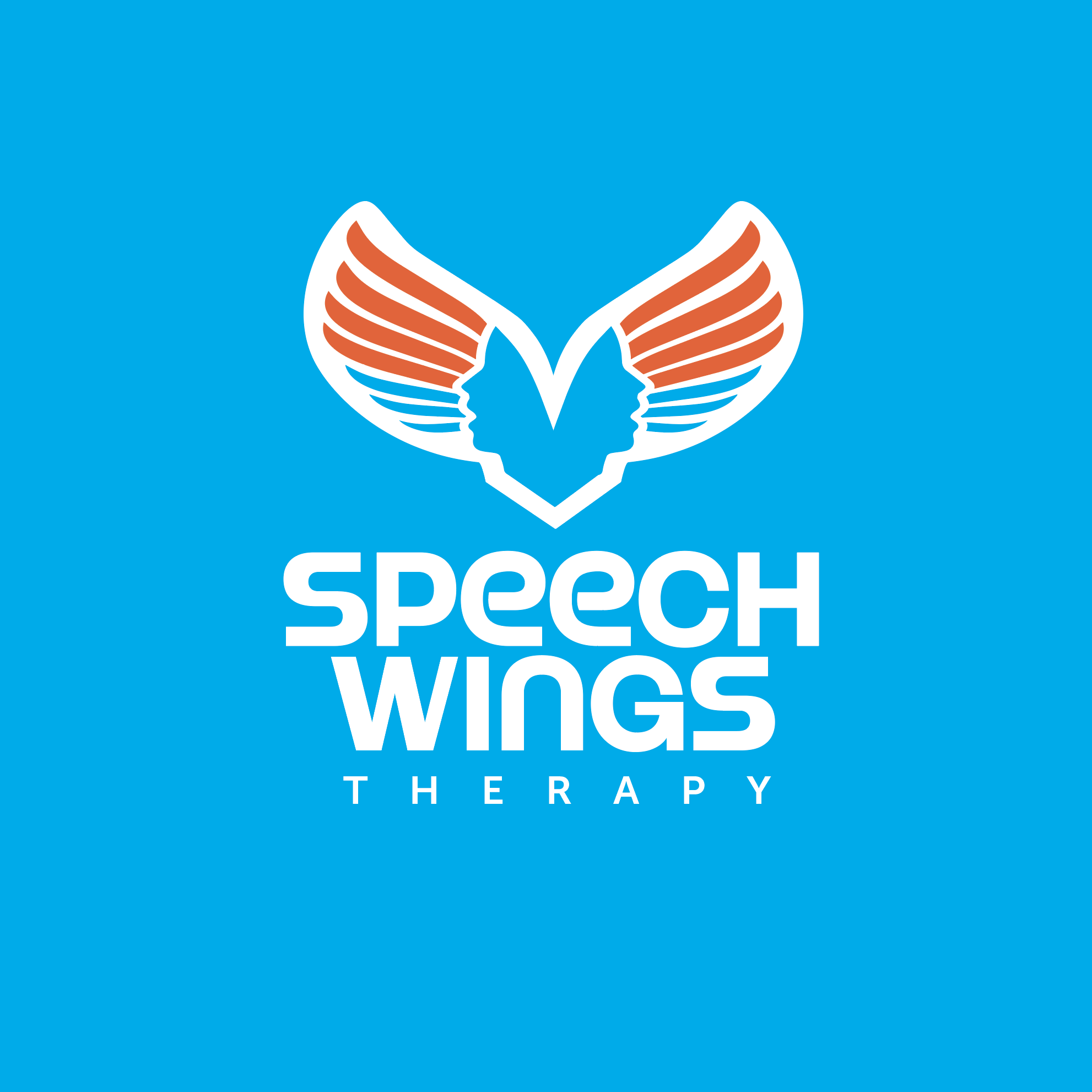If your child has trouble reading and spelling, speech therapy may not seem like the obvious answer. Many people think that speech therapists only work with people who have trouble making certain sounds (articulation) or who have stutters or lisps.
Speech therapists do handle those speech issues. But they also help kids with other kinds of problems with spoken and written language, such as dyslexia, dyspraxia and auditory processing disorder. In fact, a speech therapist is more accurately called a speech-language pathologist (SLP).
How Speech Therapy Works
SLPs figure out what kind of language problem a student has. They determine what’s causing it and decide on the best treatment. SLPs may help kids build skills by working with them one-on-one, in small groups, or in the classroom.
SLPs can help with:
- Articulation problems: Not speaking clearly and making errors in sounds.
- Fluency problems: Trouble with the flow of speech, such as stuttering.
- Resonance or voice problems: Trouble with voice pitch, volume and quality.
- Oral feeding problems: Difficulty with eating, swallowing and drooling.
SLPs can help treat:
- Receptive language problems: Trouble understanding (receiving) language.
- Expressive language problems: Trouble speaking (expressing) language.
- Pragmatic language problems: Trouble using language in socially appropriate ways.
SLPs use strategies tailored for each child’s particular challenge. Strategies might include:
- Language intervention activities: These activities build skills in a variety of ways, including modeling and giving kids feedback. The therapist might use pictures and books or play-based therapy. She may also use language drills to practice skills.
- Articulation therapy: The SLP models the sounds the child has difficulty with. This might include demonstrating how to move the tongue to create specific sounds.
- Feeding and swallowing therapy: The SLP teaches the child exercises to strengthen the muscles of the mouth. This might include facial massage and various tongue, lip and jaw exercises. She might also use different food textures to encourage awareness during eating and swallowing.
The SLP must have at least a master’s degree in the field of speech-language pathology. It’s best to look for a speech therapist who is a member of the American Speech-Language-Hearing Association (ASHA). This means the therapist has passed a national exam for certification.
Licensing requirements vary by state. Sometimes speech assistants, who have an associate’s or bachelor’s degree in speech-language pathology, help a speech therapist with services.
The Benefits of Speech Therapy
Speech therapy can help kids learn to speak more clearly. This helps them feel more confident and less frustrated about speaking to others. Kids who have language issues can benefit socially, emotionally and academically from speech therapy.
For kids with reading issues such as dyslexia, speech therapy can help them hear and distinguish specific sounds in words: the word bat breaks down into b, a, and t sounds. This can improve reading comprehension skills and encourage kids to read.
Speech therapy is especially beneficial when kids begin early in life. In one study, 70 percent of preschool kids with language issues who went through speech therapy showed improvement in language skills.
Results You Can Expect From Speech Therapy
Your child’s work with a speech therapist may last for months or even for a few years. It depends on your child’s needs. You will probably see improvement in your child’s issues. Remember, though, that therapy can’t “cure” your child. The underlying speech or language issue will still be there.
The therapist should give you and your child strategies to deal with obstacles more effectively. She will likely give you activities to practice at home to reinforce the skills your child is learning. Kids who make the most progress tend to be those whose get involved in their treatment.
It’s important that the speech therapist and your child are a good match. The speech therapist should have experience working with kids with your child’s specific issue. Speech therapy is just one way to help a child with learning issues related to language and speech. For more ideas, consider other special services.

